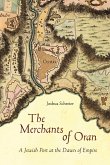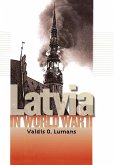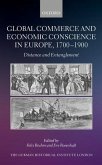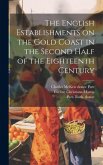This book examines the economic roles played by Jews on the estates owned by the powerful Radziwi¿¿ dynasty in the eighteenth century Polish-Lithuanian Commonwealth, showing how they gained significant economic power and social status.
Hinweis: Dieser Artikel kann nur an eine deutsche Lieferadresse ausgeliefert werden.
Hinweis: Dieser Artikel kann nur an eine deutsche Lieferadresse ausgeliefert werden.








